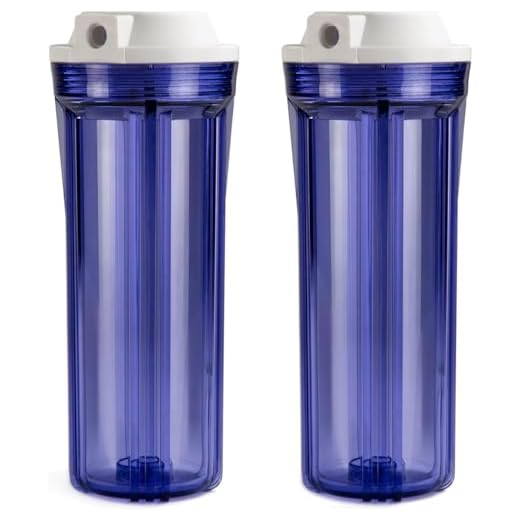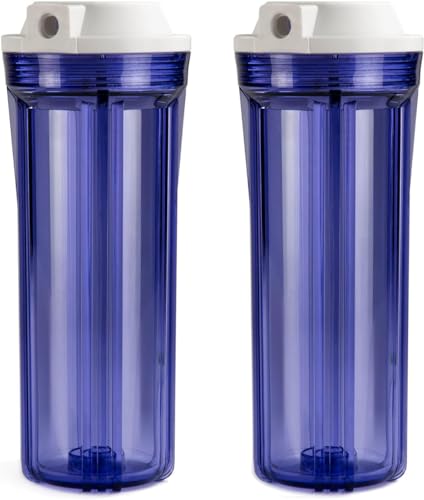
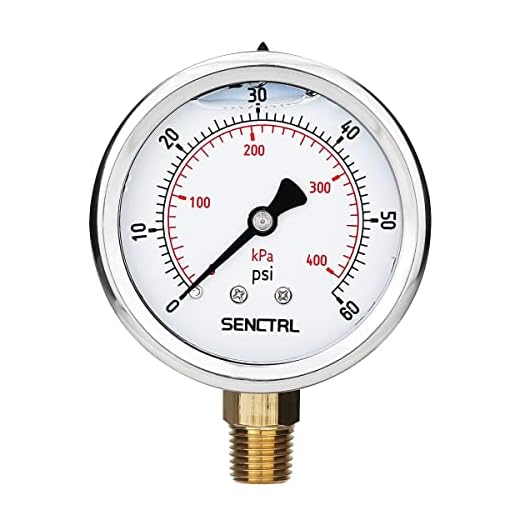
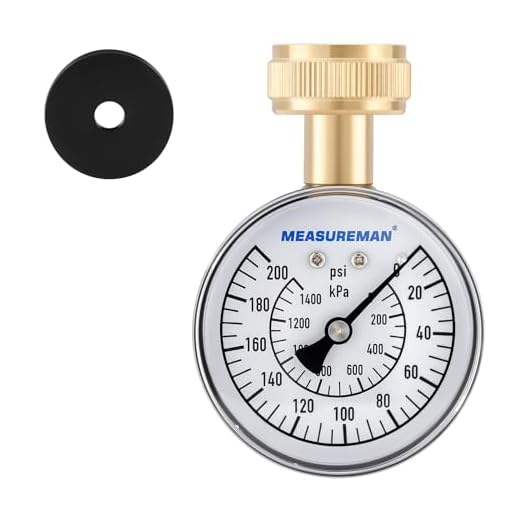
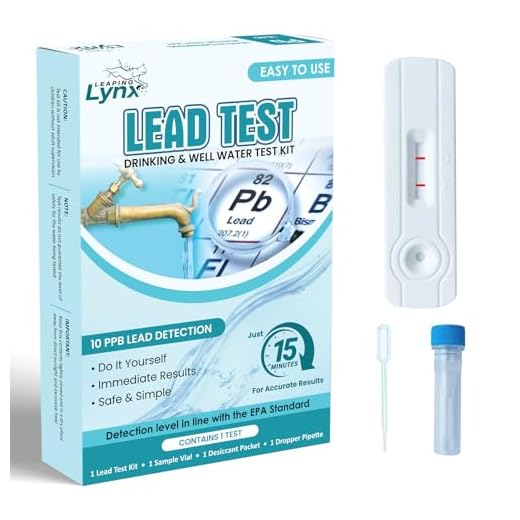

Clean the Water Filter Housing
Cleaning the water filter housing is an essential maintenance step that ensures the system functions optimally. Regular cleaning prevents the buildup of contaminants and maintains the integrity of the filter. It is advisable to perform this task every few months, or more frequently if the water supply is particularly dirty. Gather the necessary supplies, including mild detergent, a soft cloth, and a brush, before diving into the cleaning process.
Start by carefully removing the housing according to the manufacturer’s guidelines. Rinse the housing thoroughly to eliminate any debris or sediment. Apply the mild detergent to the cloth and gently scrub the inside surfaces, ensuring all corners are addressed. Rinse the housing again with clean water before reassembling it. Maintaining a clean water filter housing not only prolongs the life of the system but also enhances the quality of the water you consume.
Steps to Properly Clean the Housing
Begin by gathering the necessary cleaning supplies. You’ll need a soft cloth or sponge, a bucket, and a mild detergent. Start by unplugging the water filter system to ensure safety while cleaning. Carefully remove the water filter housing according to the manufacturer’s guidelines. Rinse the housing with warm water to remove any dust or debris.
Next, apply the mild detergent to your cloth or sponge before wiping down the inside and outside of the housing. Pay special attention to any areas with visible buildup. After cleaning, rinse the housing thoroughly with water to remove any soap residue. Allow the housing to air dry completely before reassembling it and reconnecting the system. Proper maintenance of the housing will help extend the life of your water filter system.
Check Water Pressure
Maintaining optimal water pressure is crucial for the effective operation of your water filter system. High pressure can cause stress on the filter and may lead to leaks or premature wear. Conversely, low pressure can hinder the flow rate of water through the system, reducing its efficiency and the quality of filtered water. Regular monitoring helps identify any significant changes that may indicate issues requiring attention.
To check the water pressure, you can use a pressure gauge or consult your local water provider for average pressure levels in your area. Most water filters function best within a specific pressure range, typically between 40 to 60 psi. Keeping your water pressure within this range ensures that your system operates efficiently while prolonging its lifespan. If you notice consistent deviations from the recommended range, consider taking corrective measures to adjust the pressure or consult a professional for assistance.
How Low or High Pressure Affects Performance
Water pressure plays a crucial role in the efficiency of your water filter system. When pressure is too low, the water may not flow through the filter properly, which can lead to reduced purification and an increased risk of contaminants passing through. Insufficient pressure can also cause the filter to become clogged more quickly, necessitating more frequent replacements and maintenance.
On the other hand, excessively high water pressure can lead to stress on the filter components. This stress may result in leaks or even ruptures, compromising the overall system. It can also force water through the filter too quickly, preventing effective treatment. Regular checks on your system’s water pressure can help ensure optimal performance and longevity of your filter system.
Monitor Water Quality
Regularly monitoring water quality is essential for ensuring that your filtration system is functioning effectively. Changes in water clarity, taste, or odor can indicate a decline in quality. Active observation can help identify potential issues. Testing kits are widely available and can provide a quick analysis of common contaminants, such as chlorine, lead, and bacteria. There are also more advanced testing options for specific needs.
Consistency in testing can help establish a baseline for your household’s water quality. Understanding what is typical for your tap water allows for more accurate detection of changes over time. Keep records of test results to track any long-term trends. This proactive approach helps ensure that your water remains safe and free from harmful substances.
Tests to Ensure Filter Effectiveness
Regularly testing your water quality is essential for determining the effectiveness of your filtration system. One straightforward method involves using water testing kits, which are widely available online or at local hardware stores. These kits often include tests for common contaminants such as chlorine, lead, bacteria, and total dissolved solids. Following the instructions provided, you can collect a sample and obtain results that help you gauge whether your filter is performing as expected.
In addition to using testing kits, you might want to consider sending a sample to a laboratory for more comprehensive analysis. Professional testing can reveal contaminants that home kits may miss, providing a more detailed understanding of your water quality. Keeping a record of your water test results over time allows you to identify trends and determine when a filter change is necessary. This proactive approach ensures that your water remains clean and safe for consumption.
FAQS
How often should I clean the water filter housing?
It is recommended to clean the water filter housing at least once every 3 to 6 months, depending on the usage and water quality in your area.
What are the signs that my water pressure is too low?
Signs of low water pressure can include slow flow rate from the faucet, inconsistent water delivery, and difficulty filling appliances like dishwashers and washing machines.
How can I test the quality of my water?
You can test your water quality using home water testing kits available at local stores or online, which can measure parameters like pH, hardness, and contaminants.
Can high water pressure damage my water filter system?
Yes, excessive water pressure can lead to leaks or damage the filter membranes, which may reduce the filter’s effectiveness and lifespan.
What should I do if I notice a change in water quality?
If you notice a change in water quality, such as odd tastes or odors, you should first check and clean your water filter system, and if issues persist, consider having your water tested by a professional.
Related Links
Roundup of Best Practices for Maintaining Different Water Filters
Review of Popular Routine Maintenance Products for Water Filters

